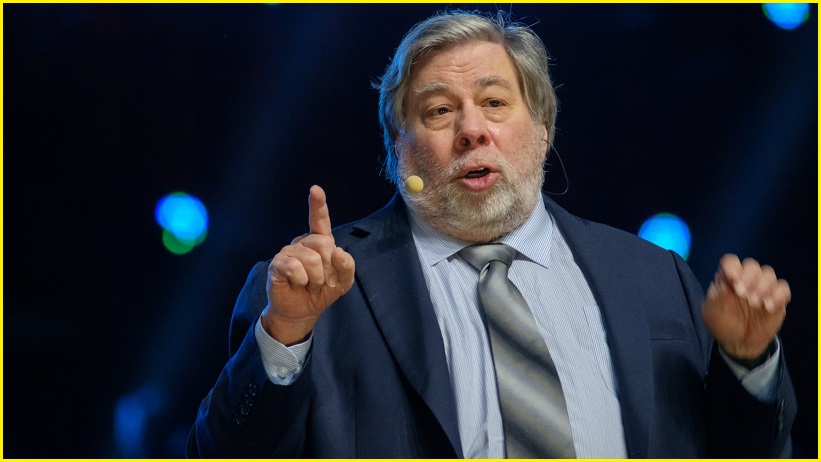Apple’s “surprising” decision to let customers repair their own devices is a welcome nod to the spirit of curiosity that helped the company find its feet over 40 years ago, co-founder Steve Wozniak has said while warning managers to find ways to keep that same spirit alive.
“Sometimes companies get so big that they say ‘sorry, the user doesn’t matter at all’,” Wozniak said during a recent ServiceNow webinar.
Those companies, he said – including Apple – often adopt an attitude that “’the user doesn’t matter at all, and we’re the only important ones because we make all the choices and we own the product, not you.’”
“I don’t like that thinking, and that’s why I go the other way.”
A lifelong engineer who “was one of those people that like to take things apart,” Wozniak has been a vocal advocate for learning and a supporter of the growing RtR movement.
In July, he famously posted a Cameo monologue arguing that users should be able to get more hands-on with their technology.
Months later, Apple has announced it will soon begin selling spare parts and instruction manuals to guide help users replace commonly-damaged or worn-out components.
“If a person is technically smart and knows how to go in and replace a bad battery, screen, or part that burned out – and they know how to do it very carefully – they should be able to do that,” Wozniak said, arguing that companies “need to give users a bit more credit.”
“If they violate the warranty, they violate it – but there are a lot of things you can do safely without ruining the product.”
Innovation is lightning in a bottle
As a career engineer and inveterate tinkerer, Wozniak spent years engaging with the erstwhile Homebrew Computer Club and similar organisations around the world, to which Wozniak often paid visits even as Apple took off.
Although his profile means he receives “up to two dozen [business] proposals a day”, a lifetime of innovation has given him a nose for truly innovative companies such as Privateer Space, the space debris cleanup company he co-founded this September.
“Like two times in my life, I’ve been so stunned by what they were doing, and it was so safe and so right that I wanted to be a part of it,” he said.
This love of innovative thinking underscored Wozniak’s design of the game-changing Apple II, which helped Apple dominate the exploding 80s home computer scene – which was driven by so much creativity that even Wozniak admits that he “can never repeat” it.
“I go back and look at my own designs for about 10 years of my life, and I say ‘what kind of genius ever thought that way, and thought of those things’,” he laughed. “I consider myself much more normal now.”
Today’s managers should take a leaf from the early successes of such companies, however, which benefited from the innovation focus of companies like Hewlett-Packard – which at the time was a manufacturer of scientific equipment and had a policy of supplying engineers with whatever parts they needed to explore the new world of home electronics.
“If you were an engineer and had an idea, you could go right to the top,” Wozniak said. “It was a company full of engineers from the top down and all the way through, and everyone respected engineers.”
These days, large companies have layers of management and managers with narrowly-focused responsibilities and interests – shaping a culture that is good for scaling but, he warned, difficult for innovation: “if you’re around a lot of very similar people with similar experiences about how it’s done, you keep doing things the same old way.”
“That’s why a lot of the brand-new companies that took us in different directions – like Apple, Microsoft, Facebook, Google – came from young people that were still in college or just barely out of it. They weren’t tied up with the status quo.”
With so many clear benefits to nurturing free thinking, Wozniak said, managers must find the balance between technological innovation and the strictures of corporate culture.
“From the top down, a manager should let engineers feel like they are changing the world,” he explained. “A good manager can bring [innovation] out without having to be the engineer themselves.”
“But if you don’t have a feeling inside, like it’s in your heart, then it’s not really there.”










